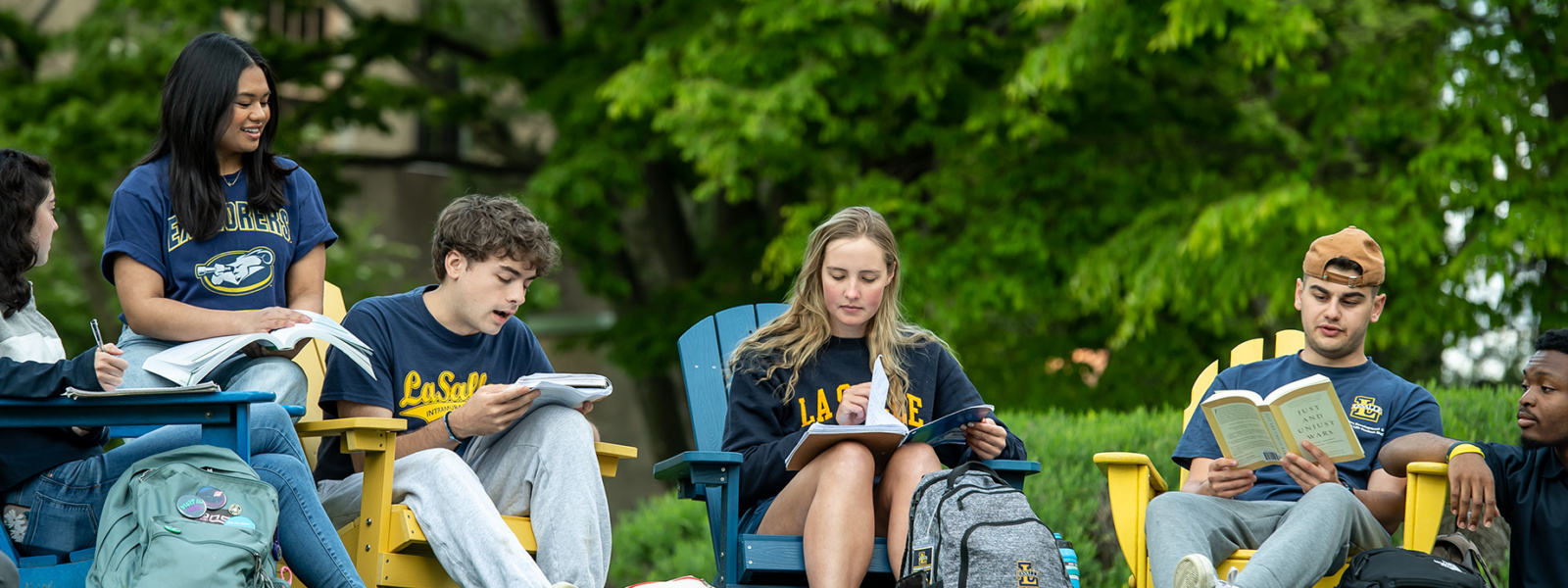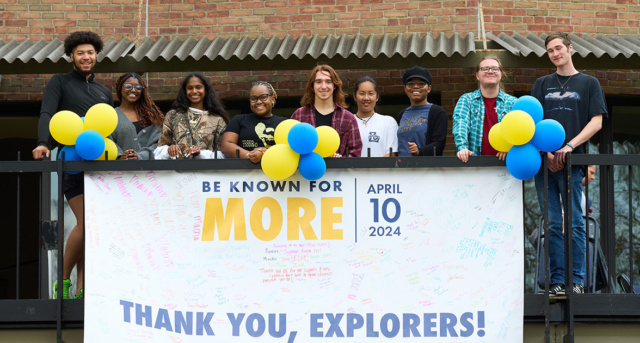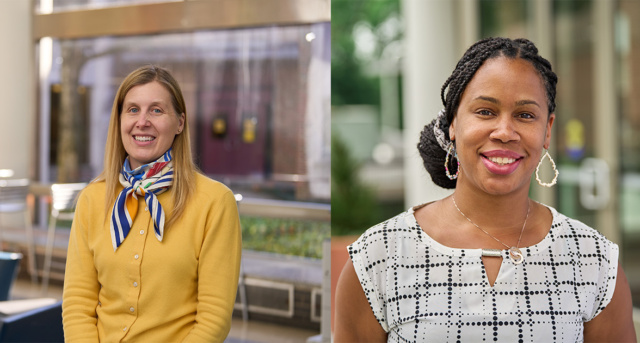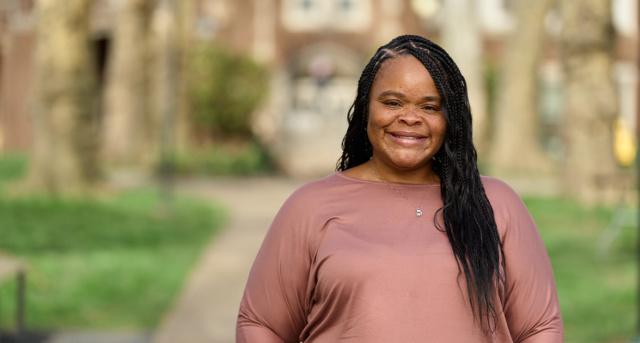La Salle University

What you’ll learn
The American Studies major at La Salle examines American society and culture, both past and present. Through a study of American history, literature, philosophy, religion, media, social science, and fine arts, you’ll critically analyze the richness of the American experience. You’ll learn to deconstruct various American narratives that are embedded in formal and popular culture and will unveil a deeper understanding of race, ethnicity, class, gender, and America’s place in the world. In this sense, you’ll become a “cultural critic” who, in seeing connections across academic disciplines, can assess the dominant assumptions about power and identity in everyday life in America.
Why Study American Studies at La Salle?
Since La Salle is located in the heart of historic Philadelphia, our program places major emphasis on the role of the city in shaping America’s past, present, and future. Merging campus classrooms with the “city as classroom,” we integrate Philadelphia’s world-class museums, historic and cultural sites, and recreational opportunities.
American Studies majors also have an opportunity to do an internship, a field-based experience that helps them link theory to practice through the application of AMST courses and research strategies to real-life problems. Typical internship sites include the Betsy Ross House, Franklin Institute, Cliveden Historical House, Germantown Historical Society, National Park Service, and the Philadelphia criminal justice system.
Highlighted Courses
AMST 100 – American Dreams: American Themes
This course introduces students to interdisciplinary modes of analyzing American culture. Core readings focus on the intersection of race, ethnicity, class, and gender. Readings, films, field trips, and activities will also emphasize the use of myths, symbols, and images in analyzing the American experience.
AMST 300 – Themes in American Culture
This course focuses on one American theme or topic (e.g., “The Family in American Culture,” “The City in American Life”) and examines it from the perspective of multiple academic disciplines.
AMST 360 – Internship
Working under a professional supervisor, students expand their understanding of American culture and society through hands-on participation at a professional site.
Meet the Faculty
American Studies faculty are experts in their fields and discipline and believe in an interdisciplinary approach to learning.
Career Opportunities
You’ll be prepared for careers requiring a broad understanding of American culture, critical thinking and writing, and interdisciplinary perspectives and applications. Our graduates can be found in law, journalism, business, public service, social work, education, museum studies, and graduate schools. For example, a 2022 AMST graduate has just begun her career in the political arena as Deputy Press Secretary to incoming Pennsylvania Governor Josh Shapiro.
According to SimplyHired.com, American Studies majors with a bachelor’s degree hold an average salary of $67,380 per year.

Explorers from around the world came together to support La Salle University with gifts to enhance the student experience.

Candace Robertson-James, DrPH, MPH and Joanne Woods, M.A. ’14, earned recognition for their commitment to La Salle.

As Daynell Wright, ’01, M.A. ’24, prepares to receive her diploma at the 2024 Commencement, she talks about what being an Explorer means to her.